Top 8 Health Benefits of Chlorella
Chlorella, a so-called superfood, has a fan base that regards it as a cure-all supplement. It is a rapidly growing alga that may provide a variety of health ... read more...benefits. Chlorella is a freshwater alga that is native to Taiwan and Japan. It contains a lot of protein, vitamins, minerals, and fiber. Its reported benefits include increased antibody count, weight loss, and resistance to cancer and other diseases. In the United States, however, it is generally used as a nutritional supplement in tablet, powder, or liquid form. Different types of chlorella can be used as food supplements. Here are the best health benefits of chlorella.
-
Because of its impressive nutritional profile, some consider chlorella to be a "superfood". While the exact nutrient content depends on growing conditions, species used, and supplement processing, it is apparent that it contains a variety of important nutrients. They include:
- Fiber: In large quantities, chlorella can be a good source of fiber. However, most supplements don’t provide even 1 gram of fiber per dose
- Chlorella has 50-60% protein. Furthermore, it is a complete protein source, containing all nine essential amino acids.
Some chlorella cultivars may contain vitamin B12, however additional research is needed. - Chlorella can be a rich source of iron and vitamin C. Depending on the supplement, it may supply 6-40% of your daily requirement. It's also high in vitamin C, which aids with iron absorption.
- Other antioxidants: These small green cells contain a variety of antioxidants.
- Other vitamins and minerals found in chlorella include magnesium, zinc, copper, potassium, calcium, folic acid, and other B vitamins.
- Chlorella, like other algae, includes omega-3 fatty acids. Only 3 grams of chlorella provide 100 mg of omega-3s.
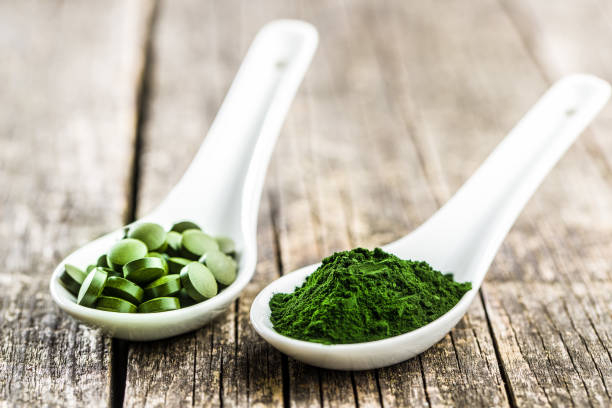
Very Nutritious 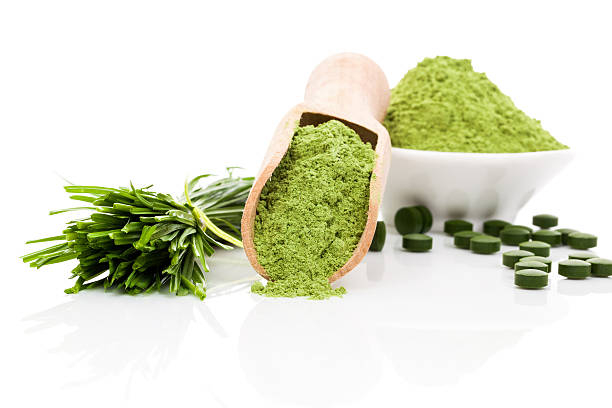
Very Nutritious -
Chlorella has received some attention for its capacity to assist the body "detox". Animal studies show that it is effective at removing heavy metals and other toxic chemicals from the body. Heavy metals contain some elements that are necessary for tiny amounts, such as iron and copper, but these and other heavy metals, such as cadmium and lead, can be hazardous in larger quantities.
While harmful quantities of heavy metals in the body are uncommon, humans can be exposed to heavy metals through pollution or certain activities such as mining. Algae, especially chlorella, has been shown in animal studies to reduce heavy metal toxicity in the liver, brain, and kidneys.
Furthermore, chlorella has been demonstrated to help reduce the amount of other dangerous chemicals contained in food. Dioxin is one among these, a hormone disruptor that can contaminate animals in the food chain. Based on this information, it appears that chlorella may assist boost your body's natural ability to eliminate pollutants. Chlorella, like other algae, contains omega-3 fatty acids. Only 3 grams of chlorella provide 100 mg of omega-3s.
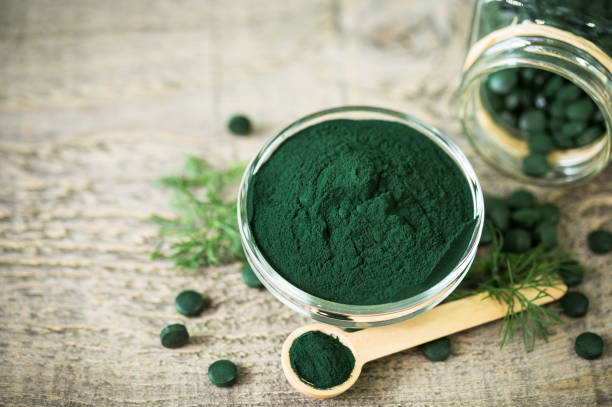
Binds to Heavy Metals, Aiding Detox 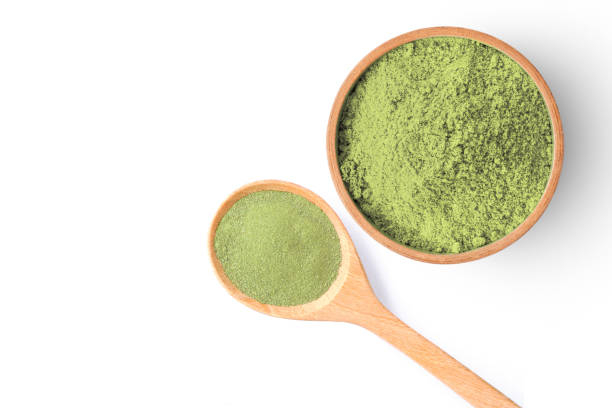
Binds to Heavy Metals, Aiding Detox -
By combating infections, your immune system keeps you healthy. It's a sophisticated system comprised of numerous systems and cells that kick into action when an invader enters your body. Although the evidence is limited, chlorella has been demonstrated to improve immunological response in both animal and human trials. In one short trial, males who took chlorella made more antibodies than those who took a placebo. Antibodies help your body fight foreign invaders, therefore this discovery is quite encouraging.
Another short, eight-week trial found that healthy persons who took chlorella had elevated immune activity indicators. Nonetheless, the results have been variable, with some research revealing little or no benefit. One study, for example, discovered that chlorella supplementation improved immunological function in people aged 50-55 but not in those over 55. As a result, it's probable that chlorella has immune-boosting properties in some cultures and age groups, but not all. More and larger-scale research is required.

Could Enhance Your Immune System 
Could Enhance Your Immune System -
Research has suggested that chlorella supplementation may aid in cholesterol reduction. Specifically, consuming 5-10 grams of chlorella daily reduced total and LDL cholesterol as well as triglycerides in persons with high blood pressure and/or slightly increased cholesterol.
Chlorella’s content of the following may help improve blood lipid levels:
- Niacin: A B vitamin known to lower cholesterol.
- Fiber: A cholesterol-lowering agent.
- Carotenoids: Have been shown to naturally lower cholesterol.
- Antioxidants: Help prevent the oxidation of LDL cholesterol, which is known to contribute to heart disease

May Help Improve Cholesterol 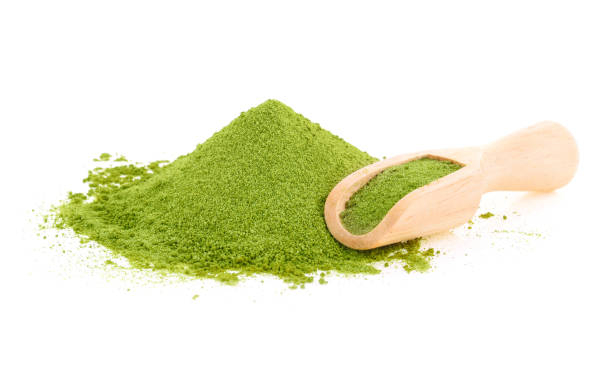
May Help Improve Cholesterol -
Chlorella includes various antioxidant components, including chlorophyll, vitamin C, beta-carotene, lycopene, and lutein. These antioxidants can aid in the treatment of a variety of chronic disorders. Some of these antioxidants appear to inhibit the formation of advanced glycation end products (AGEs), which are responsible for many diabetes problems.
Chlorella has been shown in animal and laboratory experiments to interfere with the way genes age. In addition, a human study found that chlorella supplements improved antioxidant levels in persistent cigarette smokers, a population at heightened risk of oxidative damage. Although most of this research is promising, it is still in its early stages.

Acts as an Antioxidant 
Acts as an Antioxidant -
According to certain studies, chlorella may help reduce blood sugar levels. In one trial, ingesting chlorella for 12 weeks reduced fasting blood sugar levels in both healthy people and those at high risk of lifestyle-related illnesses. Other research has found that using chlorella supplements improves blood sugar control and increases insulin sensitivity in people with non-alcoholic fatty liver disease. There isn't enough evidence to recommend chlorella for blood sugar management, but it may aid when paired with other treatments.
Chlorella supplements may aid in the promotion of heart and kidney health, both of which are required for appropriate blood pressure. People with mildly elevated blood pressure were given four grams of chlorella daily for 12 weeks in one trial. By the end, these people had lower blood pressure readings than the placebo group. Another small study in healthy men found that consuming chlorella supplements was associated with less artery stiffness, which influences blood pressure. One notion is that some chlorella components, such as arginine, potassium, calcium, and omega-3 fatty acids, help protect arteries from hardening.

Could Improve Blood Sugar Levels 
Could Improve Blood Sugar Levels -
Only one study looked at chlorella's effect on aerobic endurance, and it found it to be beneficial. For four weeks, researchers gave a group of young adults either six grams of chlorella or a placebo. The chlorella group demonstrated a considerably enhanced ability to saturate their lungs with oxygen at the end of the research, which is a measure of endurance. There were no changes in endurance in the placebo group.
This impact could be attributed to chlorella's high branched-chain amino acid concentration. Branched-chain amino acids are a group of three amino acids that have been shown in tests to improve aerobic capacity.
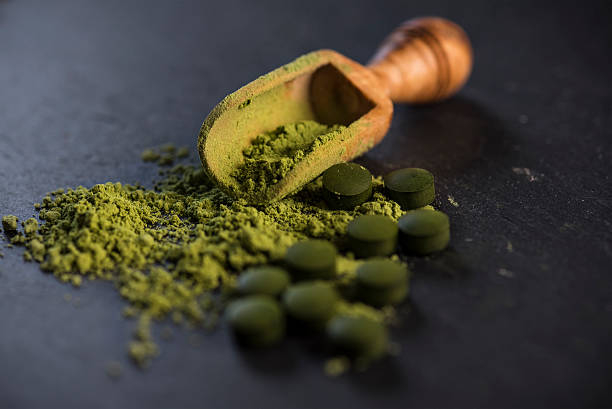
May Enhance Aerobic Endurance 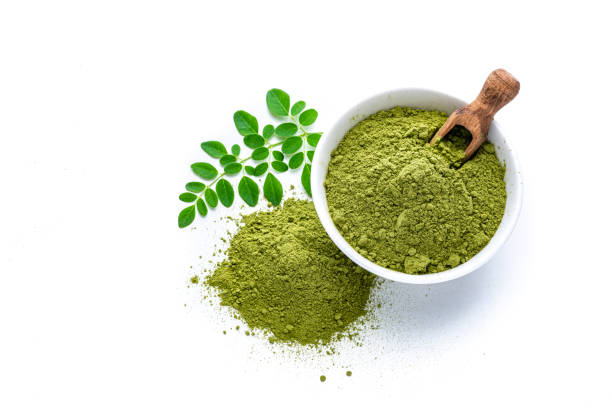
May Enhance Aerobic Endurance -
Controlling inflammation is frequently required in the treatment of respiratory illnesses such as asthma and chronic obstructive pulmonary disease (COPD). Chlorella contains anti-inflammatory components, including many antioxidants. According to one trial, chlorella supplements enhanced antioxidant status in COPD patients but did not improve breathing function. More research is needed to identify the exact effect of chlorella on respiratory diseases, but it may aid with inflammation.
Chlorella includes the carotenoids lutein and zeaxanthin, which protect the eyes and reduce the risk of macular degeneration. Supplementing with chlorella has been found to improve markers of liver health in persons with liver disease. However, whether there is a benefit for healthy persons is unclear. According to many reports, chlorella aids digestion and lowers bloating. However, no studies have been conducted to evaluate these potential advantages.
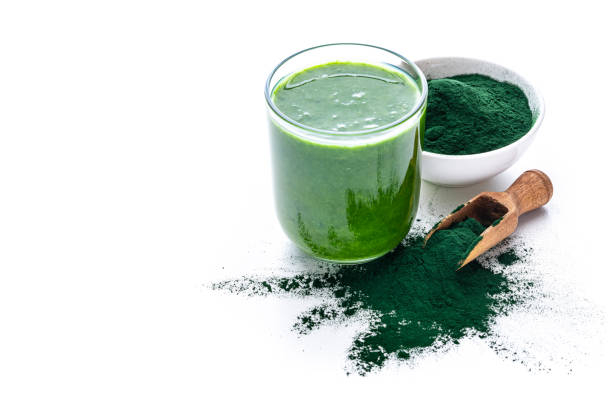
Help Manage Respiratory Diseases 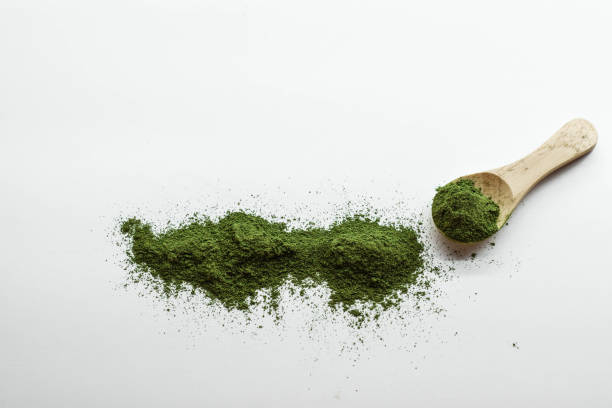
Help Manage Respiratory Diseases





























